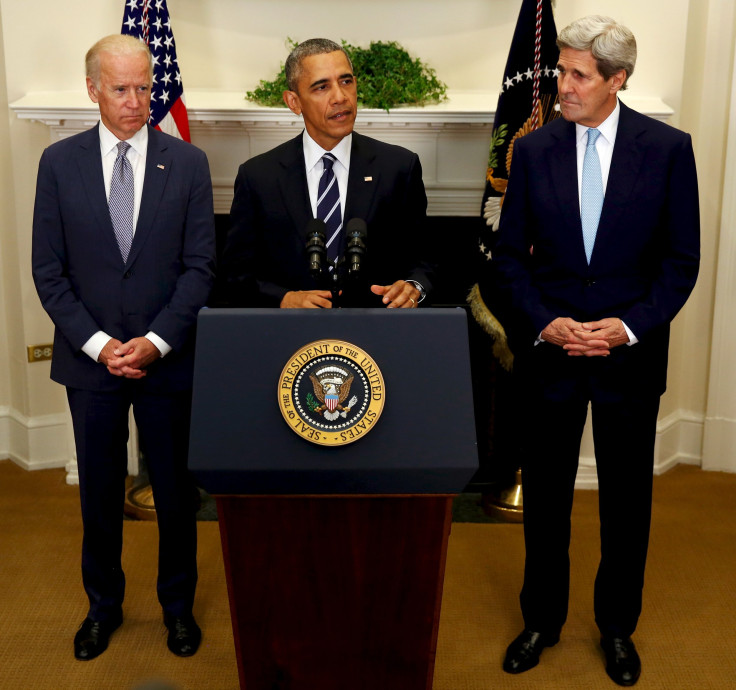TransCanada to sue Obama administration for denying permission to Keystone XL: To seek AU$21 billion in damages

President Obama’s rejection of Keystone XL pipeline from Canada has led to a lawsuit against the Obama administration. The aggrieved company, TransCanada, announced that it would be filing a claim under the North American Free Trade Agreement for rejecting the company's Keystone XL pipeline.
It has already filed a notice of intent to initiate legal action on the basis of NAFTA provisions that the denial was an injustice, reports the CBC News.
President Obama rejected the pipeline in November 2015 and said it would not serve the national interests of the United States.
“TransCanada has been unjustly deprived of the value of its multibillion-dollar investment by the US administration's action,” the company said in a release.
The lawsuit was filed in the US Federal Court in Texas. It said Obama’s decision looked like a “symbolic gesture” to reinforce the perception that the administration is taking action on climate change.
Breach of obligations
The Canadian company will be seeking to recover US$15 billion (AU$21.55 billion) in costs and damages by citing “breach of obligations under Chapter 11 of NAFTA.”
“TransCanada asserts the U.S. administration's decision to deny a presidential permit for the Keystone XL pipeline was arbitrary and unjustified,” the company said.
Uncertainty has been looming over the 1,900-kilometre pipeline as it also turned into irritant in the US-Canada relations. It also became a focal point of environmental protests driven by concerns that shipment of bitumen from Alberta's oil-sands to the US Gulf Coast refineries would be damaging.
Toronto-based lawyer Lawrence Herman noted that TransCanada can fight the rejection of the project as something not made on its merits.
Meanwhile, the Alberta government also issued a short statement and joined the controversy.
“This is a private sector decision made by TransCanada, one our government will be watching closely. NAFTA has an established formal arbitration process in place to handle this type of dispute,” said Brad Hartle, press secretary to Energy Minister Margaret McCuaig-Boyd, in an email.
Many environmental groups, including the Sierra Club and 350.org flayed TansCanada on the move and said it was “throwing the corporate equivalent of temper tantrum” and hoping to force American taxpayers to pay them billions of dollars to recoup their losses.
Greenpeace Canada also said the company's arguments are not solid. “Their legal argument is, since no president before has taken serious action on climate change, Obama shouldn't be allowed to either,” quipped Keith Stewart of Greenpeace Canada.
Hope for Canada
However, some analysts are of the view that by choosing to fight the case under NAFTA norms, the Canadian energy company is harping on equal opportunities with American companies for operations in the US.
They cite the case of US company Exxon, which also made use of NAFTA provisions in overcoming Canadian government’s objections to its drilling projects. TansCanada’s hopes also double from the action of South Dakota in renewing Keystone XL's permit after it expired in 2014, notes Desmog blog.






